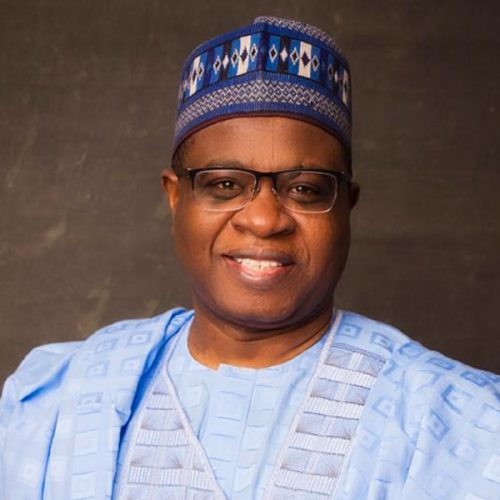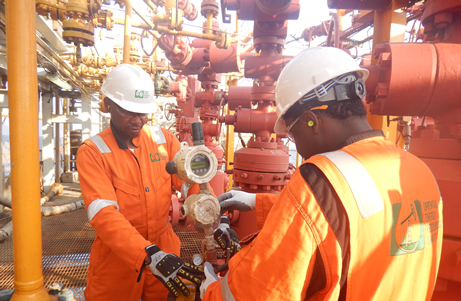The Lagos Chamber of Commerce and Industry (LCCI) has cautioned that Nigeria’s modest progress in easing inflation and attracting capital inflows could be undermined by surging business costs and a steep decline in Foreign Direct Investment (FDI), warning that the economy risks losing growth momentum if structural challenges persist.
According to the Chamber, the latest figures from the National Bureau of Statistics (NBS) show headline inflation slowing for the fourth consecutive month to 21.88 per cent in July 2025, down from 22.22 per cent in June and significantly lower than the 33.40 per cent recorded a year earlier.
However, while this reflects policy reforms and changes in the CPI base year, businesses and households continue to feel pressure, as month-on-month inflation accelerated to 1.99 per cent in July, up from 1.68 per cent in June.
Despite the overall moderation, food inflation remains stubbornly high at 22.74 per cent year-on-year, with rural communities experiencing sharper monthly increases than urban centres.
LCCI noted that rising food costs highlight the need for urgent policy interventions in agriculture, logistics, and rural infrastructure to reduce supply-side bottlenecks.
“We must not lose sight of Nigerian households grappling with rising costs. Reforms must support more productive activities, create jobs, and ease supply constraints,” the Chamber stated, calling for a holistic approach that tackles energy costs, power supply deficits, logistics inefficiencies, and access to credit, alongside improvements in foreign exchange liquidity through non-oil exports.
Nigeria attracted $5.64bn in capital inflows in Q1 2025, representing a 67 per cent increase year-on-year and an 11 per cent rise quarter-on-quarter.
While this suggests renewed investor interest, LCCI expressed concern that more than 90 per cent of these inflows were portfolio investments, primarily short-term funds chasing high-yield government securities.
By contrast, FDI—a critical driver of long-term growth and job creation—slumped to $126.29m, down 70 per cent from the previous quarter and accounting for just 2.24 per cent of total inflows. Investment in manufacturing also fell sharply to $129.92m, a 32 per cent decline compared with Q1 2024.
“This imbalance reveals that investors remain cautious about making long-term commitments to Nigeria’s real sector,” the Chamber warned, noting that persistent forex shortages, high energy costs, and operating uncertainties have forced several multinationals to scale back or exit.
The Chamber urged government to urgently translate macroeconomic gains into broad-based, sustainable growth by deepening reforms in the oil, gas, and power sectors to reduce energy and logistics costs, creating stable tax and regulatory frameworks to attract and retain FDI and rebuilding domestic investor confidence, which often precedes foreign capital commitments.
Others according to the Chamber include ensuring predictable exchange rate management and consistent monetary policies, expanding agricultural support to curb food inflation, particularly in rural areas and repositioning manufacturing through targeted policies that drive value-adding and job-creating investments.
While welcoming the downward trend in headline inflation and the rise in capital inflows, LCCI stressed that the heavy reliance on short-term portfolio funds is unsustainable.
“Our economy urgently needs a deliberate strategy to attract and retain productive investment that drives jobs, industrial growth, and long-term competitiveness,” said Director General of the Chamber, Dr. Chinyere Almona.
She added that Nigeria’s growth prospects depend not only on achieving macroeconomic stability but also on addressing structural weaknesses that continue to constrain businesses and discourage long-term investment.





